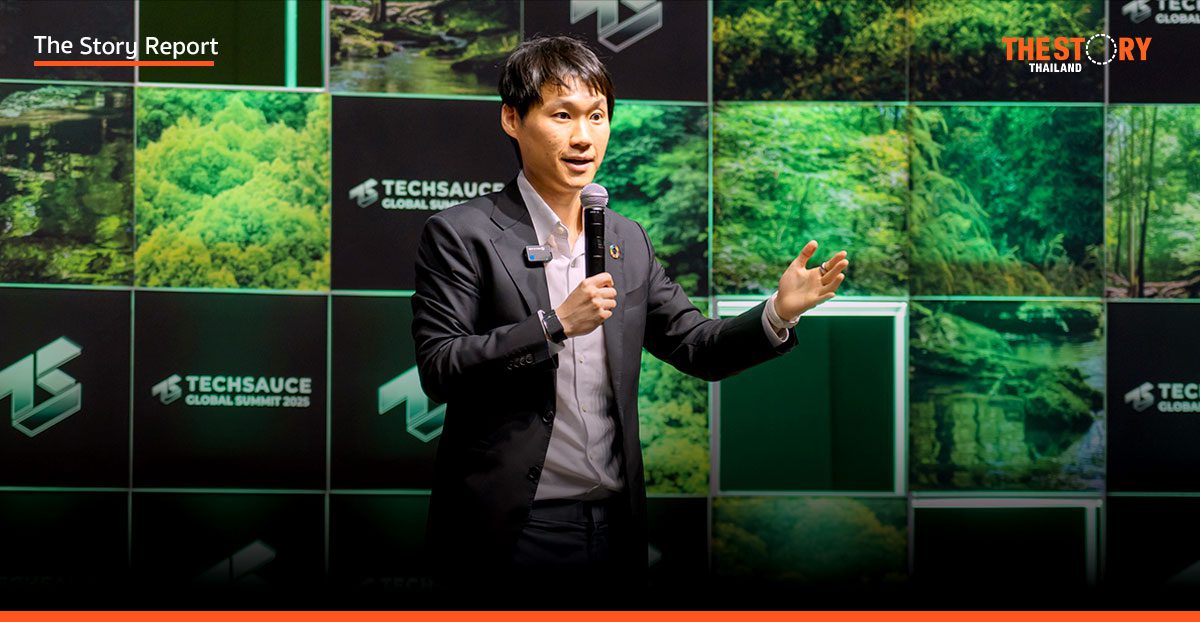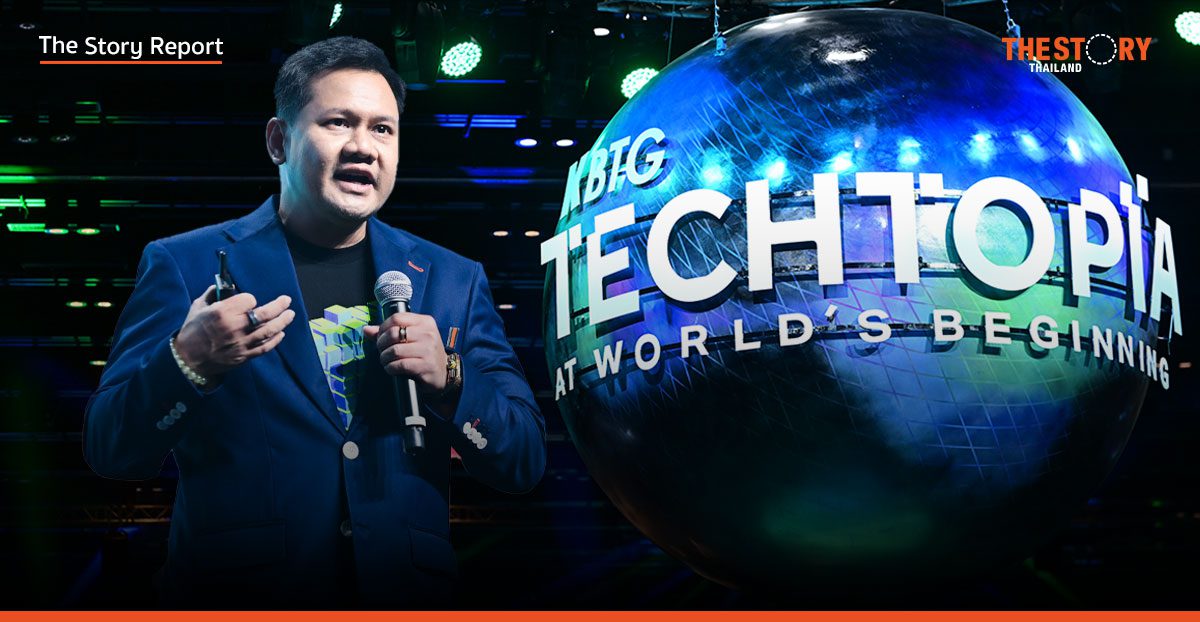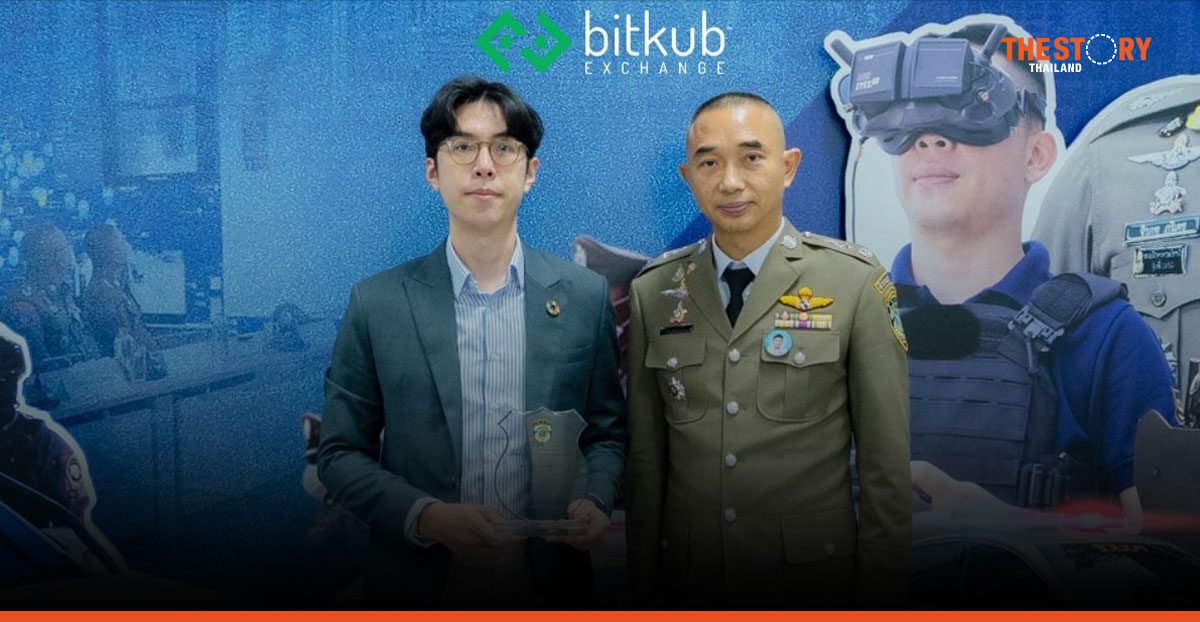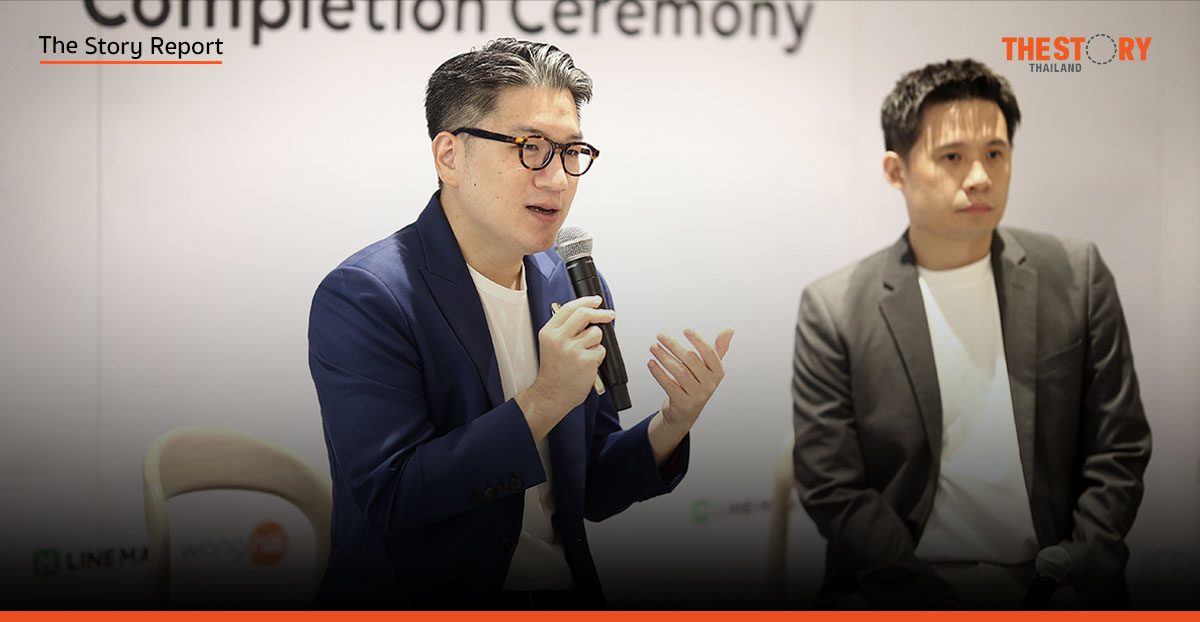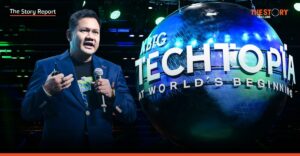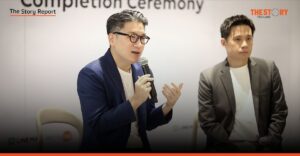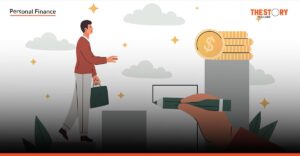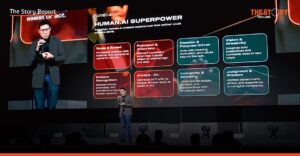When Jirayut ‘Topp’ Srupsrisopa, founder of Thailand’s largest cryptocurrency exchange, Bitkub, takes the stage, audiences expect to hear about the future of digital assets. Recently, however, he has been delivering a far more personal and alarming message—a critical warning about Thailand’s future, not in finance, but in an area many have overlooked: a national health crisis.
The Personal Toll of Success
“I’ve wasted a significant part of my life,” Jirayut begins with startling honesty. He describes his 15-year entrepreneurial journey as “painful but rewarding,” yet admits that if asked to do it all again, his answer would be a firm “no.” The path to building Bitkub from the ground up, in an era when Bitcoin was a foreign concept, was an all-encompassing battle. He faced scrutiny from nearly every regulatory body in Thailand, from the Anti-Money Laundering Office to the Bank of Thailand, working seven days a week without a single day off.
This relentless drive, while building a unicorn company, was silently eroding his health. The turning point came two years ago. At the chronological age of 33, a health screening revealed his “body age” was 49—that of a man nearing retirement. This wasn’t just a number; it was a blaring alarm from a body long neglected. He instantly realized that countless entrepreneurs, burning the midnight oil, were likely on the same destructive path, completely unaware.
The inspiration to change came unexpectedly at a friend’s birthday party in Khao Yai. The man, a founder of a public company turning 50, was in peak physical condition, complete with a six-pack and, most astoundingly, a body age in his early 30s—younger than Mr. Jirayut’s own at the time. The contrast was an undeniable truth. It was the catalyst that pushed him to challenge his lifestyle, abandon destructive habits like drinking soda, and get serious about building “Health Equity” to match the “Financial Equity” he had worked so hard to create.
A New Paradigm: The Corporate Athlete
Jirayut began by challenging a pervasive cultural mindset that glorifies overwork. “Society thinks sleeping less is cool, and that drinking and partying is impressive,” he notes. He proposed a counter-narrative: “Sleeping more is cool. Drinking alcohol and partying is lame.” He argues we should take pride in getting at least eight hours of sleep a night.
From there, he adopted the philosophy of his idol, global football superstar Cristiano Ronaldo. Jirayut explains that at the highest level of any field, competition isn’t just “on the pitch” but “off the pitch” as well. Ronaldo maintains extreme discipline away from the game—shunning parties and employing a personal chef to ensure his body is always primed for performance. To be the best, you need a “superman team” behind you.
Jirayut applied this philosophy to his own entrepreneurial journey, viewing himself as a “professional athlete.” His “sport” is making the sharpest, most accurate business decisions possible. His “training ground” is his daily life. Consuming sugary drinks, processed foods, or forgoing sleep damages the brain, creates inflammation, and cripples performance. It’s the equivalent of an athlete neglecting their training before a championship match.
The results of this shift in mindset and behaviour were remarkable. In just a year and a half, Jirayut successfully reduced his body age from 49 down to 30. “This is the true luxury of life,” he affirms. He now wakes up feeling refreshed and energized, and most importantly, is better equipped than ever to handle the immense stress and challenges inherent in being an entrepreneur.
From Crypto Lessons to a National Health Prophecy
This personal transformation opened Mr. Jirayut’s eyes to a much larger problem. He sees a clear parallel between today’s healthcare system and the financial system of 15 years ago. “When I talk about longevity, modern medical doctors look at me the same way the Bank of Thailand looked at me when I talked about Bitcoin,” he says, referring to the deep-seated skepticism towards new, disruptive ideas.
He frames the issue by pointing to a crisis everyone already sees: Thailand’s household debt, which has soared to 90% of GDP due to a lack of financial literacy. “But this is not the biggest crisis,” he insists. A far more terrifying crisis that will have a much more severe impact is set to unfold in the next five years: a national health crisis.
Jirayut paints a grim picture with startling data. Thais face a ten-year gap between their average lifespan of 75 and their “healthspan”—the period of good health—of only 65. This means the final decade of life is often spent suffering on a hospital bed from NCDs (non-communicable diseases) like cancer, Alzheimer’s, Parkinson’s, and heart disease. Alarmingly, cancer is now appearing in people as young as 30.
This problem is compounded by a paradoxical food system. Despite Thailand being the “Kitchen of the World,” he recounts spending 45 minutes in a supermarket unable to find anything that wouldn’t harm his body or cause inflammation.
This situation is being exacerbated by a “demographic time bomb.” With only 500,000 births annually—a number lower than the death rate—Thailand is on track to become a “super-aging economy” within five years. This means one in five people, or 20% of the population, will be over 65. Imagine a future where a shrinking workforce must support a social security fund for a burgeoning elderly population that is “living longer but sicker,” with cancer and chronic disease rates rising every year. This is a structural crisis that threatens to shake the very foundation of the nation.
An Outdated System and an Unprecedented Opportunity
He concludes that the crisis stems from two primary factors: a lack of health literacy and an outdated healthcare system. Most people don’t understand fundamental concepts, such as “muscle is the currency of longevity,” that small, consistent movements throughout the day are more important than a single 10km run after hours of sitting, or the fallacy that a calorie from processed food has the same bodily impact as a calorie from whole food.
Simultaneously, he criticizes the current medical system as “broken.” It operates based on symptoms and geolocation rather than a holistic, “System Biology” approach. “When you have a headache, you see a head specialist. A stomach ache, a stomach specialist. But the body doesn’t work that way,” he explains. “If you have depression, the solution might lie in your gut health, not just in seeing a psychiatrist.” The system focuses on suppressing symptoms, not fixing the root cause. He points out that while there are over 155,000 disease symptoms, they all stem from just ten core “Hallmarks of Aging,” such as mitochondrial dysfunction or gut microbiome imbalance.
The result is a shocking statistic: only 6 out of 100 Thais are metabolically healthy. The other 94 are “implicitly sick,” unknowingly waiting for symptoms to manifest.
This, he argues, is the biggest problem facing the nation, but it is also the greatest opportunity for entrepreneurs and change-makers. He stresses that the people who revolutionize this industry will not come from within the traditional system, just as banks didn’t create Bitcoin and Toyota didn’t pioneer the electric vehicle. Those inside the system are often too busy with legacy operations to explore and build anew.
“The arrival of the electric light,” he concludes, leaving a powerful final thought, “did not come from the continuous improvement of candles.”


